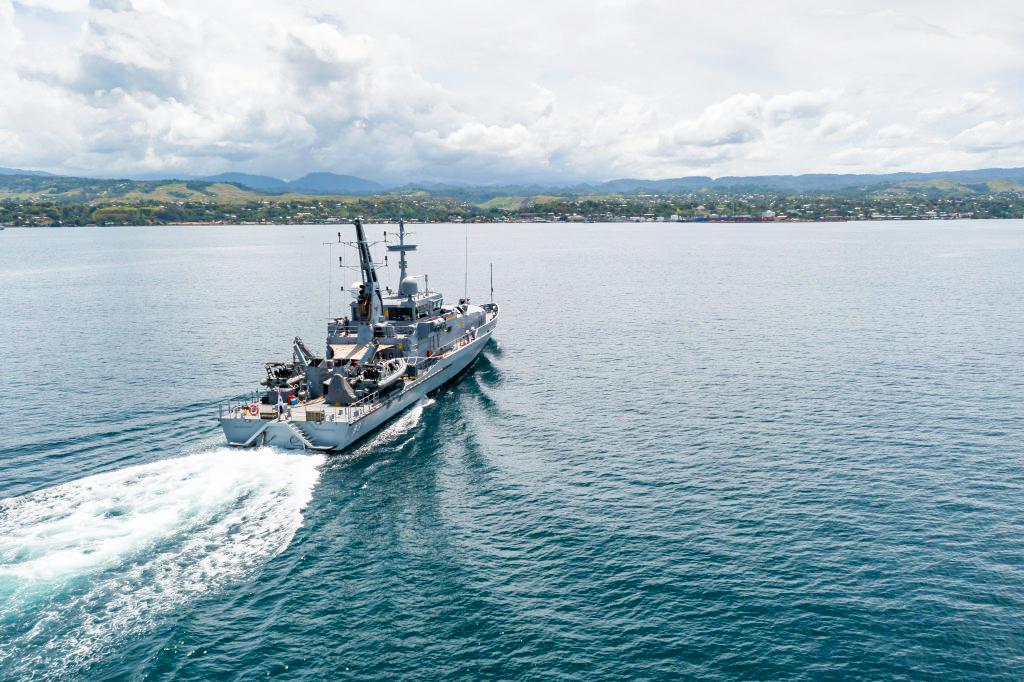Australian Prime Minister Scott Morrison said a Chinese military base in the Solomon Islands would cross a “red line” for Australia following the recent revelation that the Chinese Communist Party (CCP) has signed a security deal with the Pacific nation that could open the door for Beijing to station troops and weapons in the region.
Morrison’s comments come after a U.S. delegation, led by Indo-Pacific coordinator Kurt Campbell, wrapped up a meeting with Solomon Islands Prime Minister Manasseh Sogavare, where they engaged in a “substantial discussion” regarding the implications of the deal.





